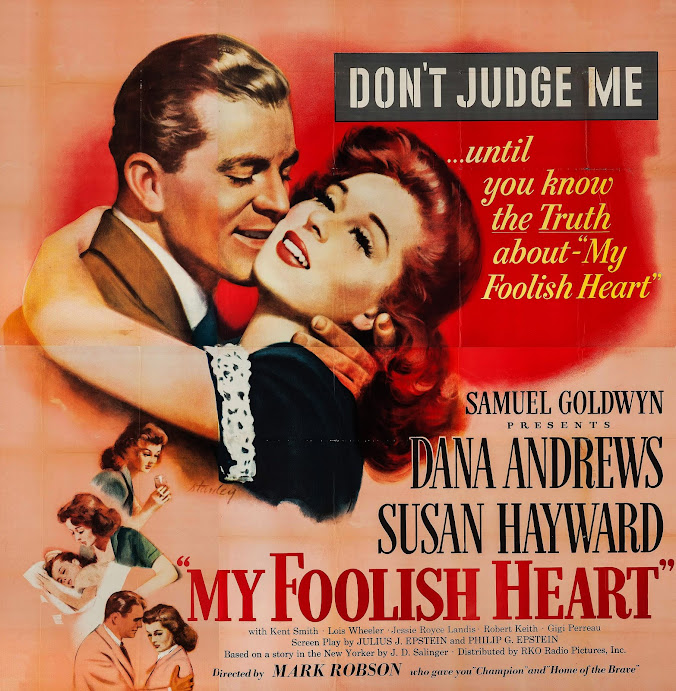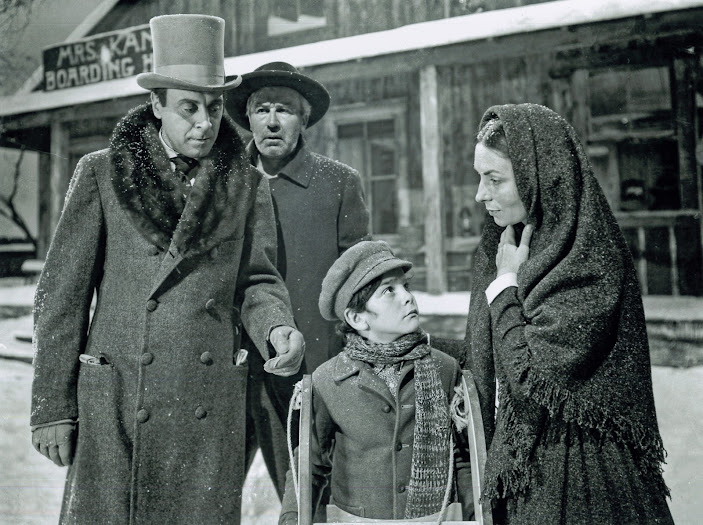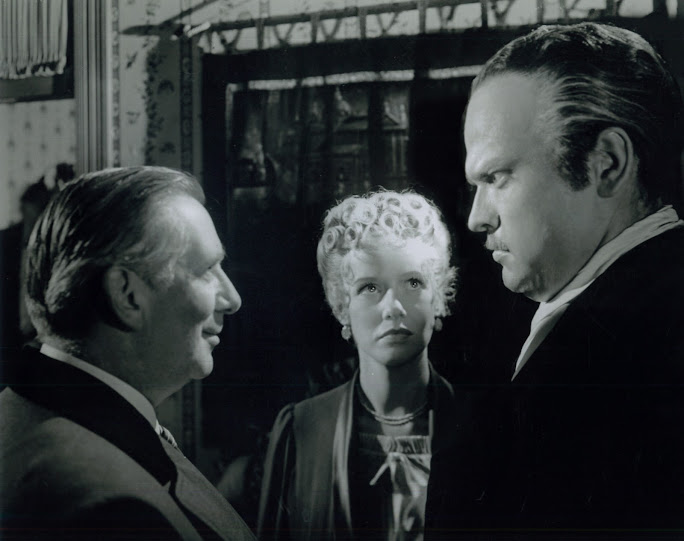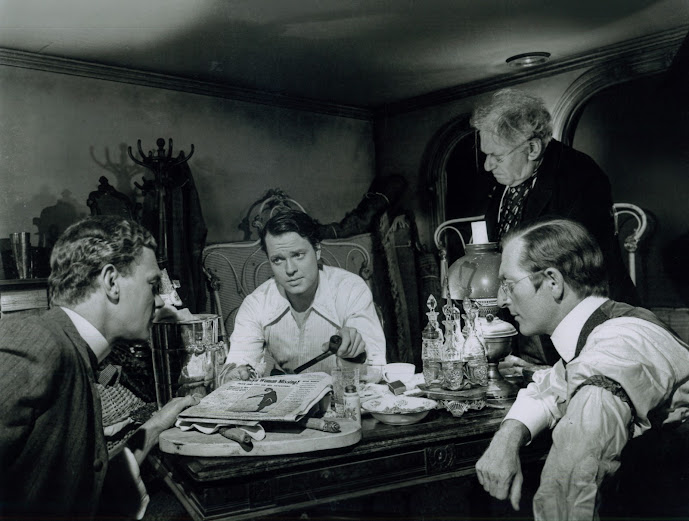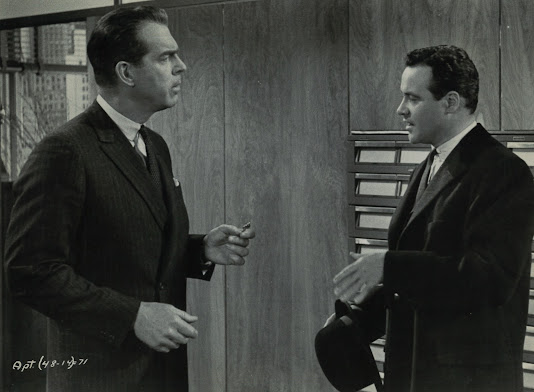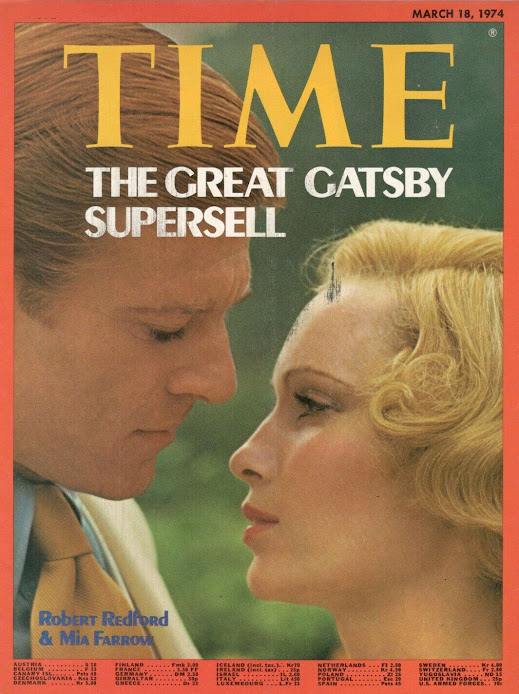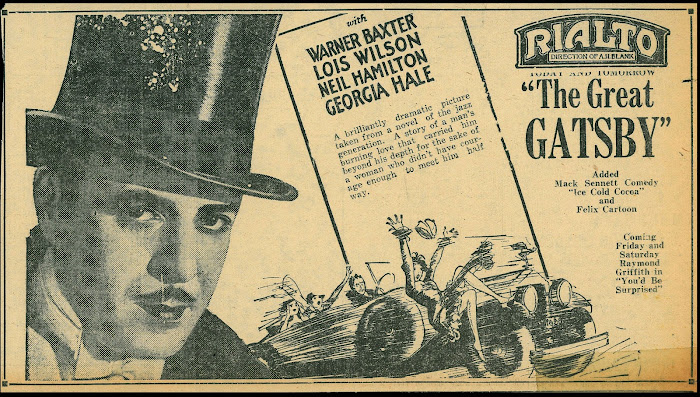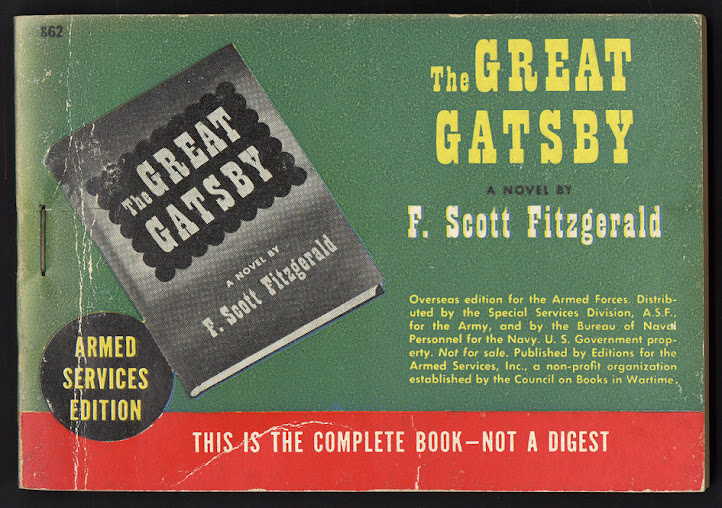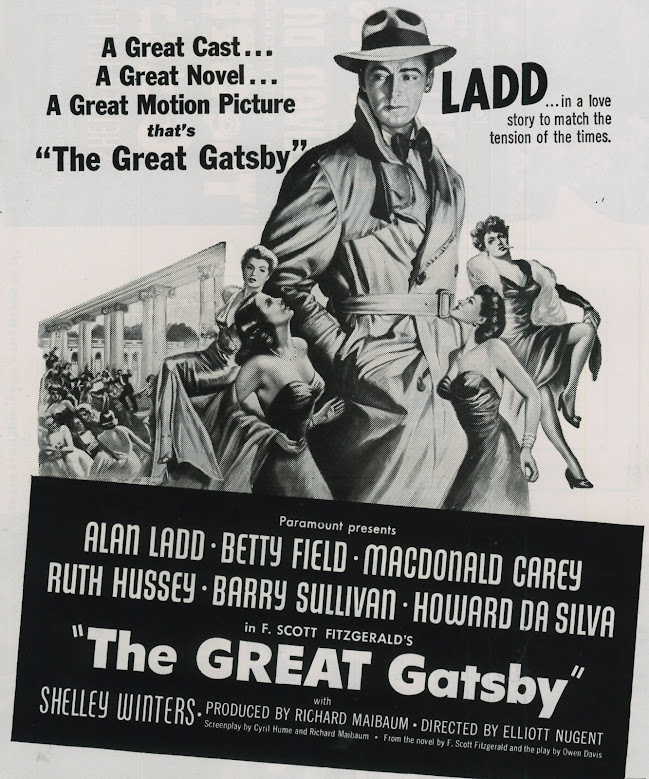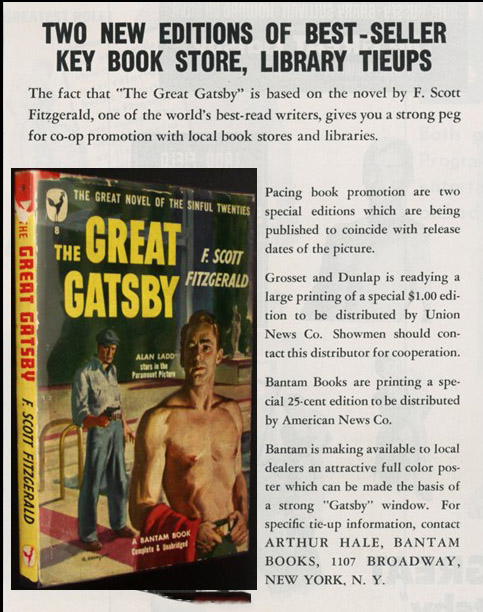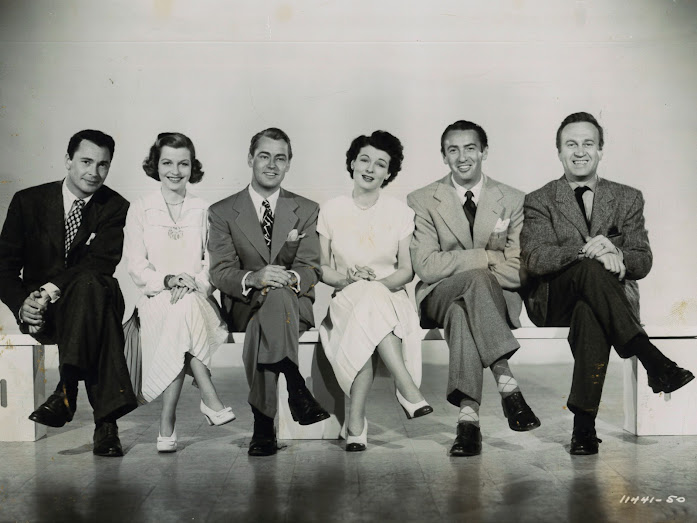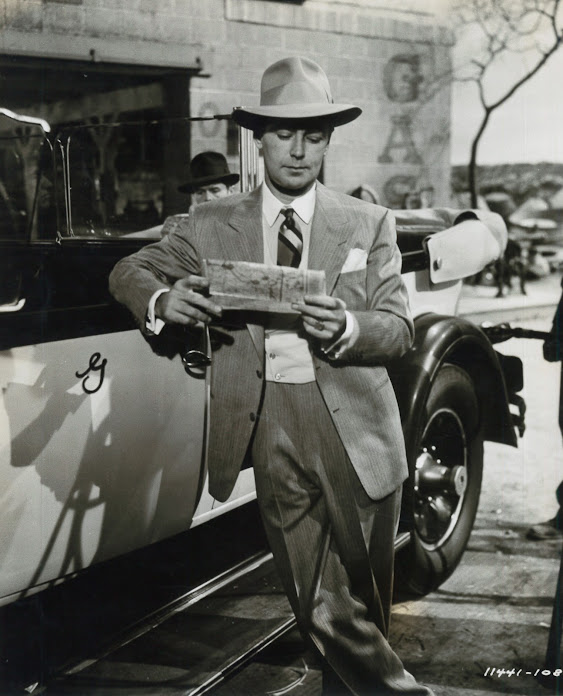Canon for Christmas
The Greenbriar One Hundred Begins Here
So I am told that canons are gone and discredited and good riddance to bad rubbish. That means we each may pick minus constraint or expectation that worthy by consensus titles be included, fine because I intended so in any event. Art like life has too many should-likes to suit me. This canon shall be personal then, no more influential than preference for plain or peanut M&M’s. I’ve massaged a list over ten years never meant to designate “essentials,” for that relies on what others call essential, which would make mine someone else’s pick. Nor will I appoint “guilty pleasures,” for why bear guilt for what gives pleasure? One hundred will be stopping point … it could as easily be a thousand but addressing so many would take more lifetime than I’ve got. Let pretension dub result the Greenbriar Canon, that term to align my venture with church authorities electing what would first qualify back in the Middle Ages. Being canonic began with books of the Bible, so it presumes much to award any movie such pride of place, which is why lists, like for school curriculum, tend toward safe or easily defensible. I enjoyed a book Andrew Sarris wrote decades back where he made room among notables for one that meant much to him in theatre-going youth, My Foolish Heart (1949), directed by Mark Robson, with Dana Andrews and Susan Hayward. Of hundreds Sarris discussed in You Ain’t Heard Nothin’ Yet (published in 2000), the one I recall clearest is My Foolish Heart for being not just unexpected but nicely reflective of one critic’s taste. Why not be foolish enough of heart to pick for sentiment’s sake and let emotion be our guide rather than accepted wisdom that would choose for us?
Maybe there is such thing as aesthetic distance from art, but movies permit no such remove. What one loves is loved fervently. Movies come closest to music as transport to heaven. I haven’t spent enough time in museums to observe whether lookers weep before a painting or sculpture, but have seen many dissolve at predictable moments in film. Something precious seen during childhood will remain so for life. Choice need not be intelligent or even rational. One can enter a theatre with little hope and emerge renewed. Whatever was seen upon that day of rescue will remain cherished. We maintain fences around film beloved from early on. Whatever mattered then is treasured hence, like with Sarris and My Foolish Heart. I’m told lists are mentally made, if not taken down, by age twenty. Something may impress after but is less likely to enter what for most is a closed book. I would ask what all-time favorites became so in adulthood. Has anyone past thirty … forty … discovered a Best Picture They Ever Saw? Suppose I announced my Number One of a lifetime as no longer Meet Me in St. Louis, but Top Gun: Maverick. An intervention may be called for. At the least it would challenge who I’ve been till now (not to knock TG: M, very enjoyable by all accounts). Gilbert Seldes wrote that magic of movies wears off with maturity, most folks quitting theatres once grown, or attending much less. Canons for these don’t exist outside of stored memory. How many conceive of a “Best” list as anything other than a “Most Popular” list? Latter thrives as assist to marketing, that alone to make sense of further polls, us a mere focus group to determine which of old films merit continued play.
I am of remote sliver category defined 8-15-22 by a prof who was right for saying film is no wise what it seemed fifty-sixty years ago when there were so fewer titles to cope with. But then look at canons derived off literature, fewer classical books on reading lists, more culled as concept of canons is increasingly questioned. Think of fun to teach literature and add Lorna Doone and East Side, West Side to your semester syllabus, then await punishment from school administrators. You Tube seems to me a best place to observe how cultural winds blow. These are readers, watchers, fans and experts, instructors, a widest range, thinking and choosing for themselves, free range eggheads to some extent, but sincere in their purpose with many knowing too how to engage and entertain. I graze there daily to keep current on attitude toward books and film. Things in print anymore tend to date before ink is dry. I keep hoping YT analysts will more explore my sliver, but it seems majority, as in vast, figures The Godfather (or later) was where worthwhile movies began, little of merit or interest before. If there is to be You Tube appreciation for Cain and Mabel, I will have to generate it myself. Those who would load canon cannons with R.S., as in remote sliver, are elderly or hopeless-out-of-touch. Still, I make my testament and propose to stand by it. What alternative is there? Who’d believe Meet Me in St. Louis suddenly took back seat to Top Gun: Maverick? I predictably elect Citizen Kane lead for my list, not by preference or even of Top Ten, but for being the dinosaur likely to take longest becoming extinct.
CITIZEN KANE (1941) --- Why does young Charlie take such immediate dislike to Mr. Thatcher? Had he been taught we must all hate “rich bankers”? Thatcher overbears, but tries in his awkward way to be affable, and observe how fine a steward he will be of Charlie’s inheritance. Would there be sixty million dollars for C.F. Kane to fritter away on a newspaper had not Thatcher invested his assets so wisely? I dislike Charlie’s cruel answer when his guardian in old age asks the perfectly legitimate question of what he would like to have been if not for all the money. “Everything you hate,” replies the ingrate. Apart from his uncalled-for rudeness, I like Charlie and would argue he gets unfair shake from Jed Leland, who to me seems “judgy” for lack of a less hackneyed than such currently trendy word, as if Jed were there to seal the deal for Mr. Kane as empty and self-absorbed. Never did I observe Charlie being anything other than cheerful and good palsy with Jed, who it is clear was supported from college by his chum till their unfortunate break, which I regard as Jed’s fault for drunkenly telling Charlie off for myriad of faults not readily observed from behavior of steadfast mate latter appears to be. Were characters serving script agenda rather than what we actually see and hear of them? And where does Jed come off being so critical of Charlie after the poor, alone, and disdained tycoon is dead and past? Were I interviewer Alland and had a cigar at the retirement home, I’m not sure Jed would have merited a share.
And what of Susan Alexander? Charlie honestly thought she wanted to become a singer. He took up for her against anyone who was critical. Was this mere self-aggrandizing? Perhaps Charlie being obtuse in the extreme, but when did he claim to understand subtleties in human interaction? To others more sinned against than sinning, I vote yes to Boss Gettys and do blame Charlie for stirring that hornet’s nest. Did he not imagine his victim would fight back? --- yet observe picture-of-polite Gettys interaction with wronged Emily. I envision these two remaining friendly acquaintances after divorce dust settles. Mr. Bernstein is likeable because he understands Kane flaws but remains loyal to him. Bernstein is my favorite character. I could wish his vision of so long ago had stepped off that ferry and waited for him to catch up and introduce himself, though I’ll admit the union would not have worked because how could any relationship survive demands of an employer like Mr. Kane? Easy to imagine differing fates for Kane characters, viewers making their own creative contribution as with any complex art. Does Citizen Kane entertain those seeing it a first time? It did me in 1975. Kane off-puts some for its reputation as a “challenging” film, this more an issue in 1941 when ahead-of-time technique confused many, especially ones who entered theatres part way into the feature or even during a second half, habit of casual attendance in those days. I expect audiences were readier to embrace the 1956 reissue, successful and a crowd-pleaser in spots, this following imitators absorbed over fifteen years since 1941 release.
Citizen Kane gets now-and-then poke from quarrel over who really wrote it. Many who'd like Welles knocked off his perch say Mankiewicz. I'd propose watching Herman’s other credited films, then judge for yourself if he could manage a Citizen Kane without plentiful help. Citizen Kane tells rise-fall of a not appealing lead played by a not-so appealing lead man. Also an unknown lead man in 1941, at least on film. What had a public seen of Welles apart from newsreels where he apologized for the Martian raid? What if Joseph Cotten played Kane and let Orson be Jed? All this in the face of my still-affection for C.F. Kane as misunderstood if not set upon, but Welles did come across high-handed in his early-on glory, and there is evidence he was resented for it both in and out of the picture community. Citizen Kane still is a wonderfully enjoyable show, never a bore, smart writing, magic overall that could be achieved only at RKO, staff and sensibility just waiting for someone like Welles to come in and fire them up. I never felt Kane to be a duty sit, and regret some others have. Has ground for fun been ground-under by academics? Maybe 1956 reissue and then early syndication was last occasion for Citizen Kane to be enjoyed on its own terms and not as something to be studied and thus dreaded. Were I told to teach it, then how about this to introduce: “Here’s a pretty good one about days when newspapers mattered like horse and carriages or passenger trains,” then wait for the end when someone (or more) says “Hey Professor Greenbriar, this was lots better than you made it out to be.” Citizen Kane is lately out on 4K, looking good as anything could with the negative no longer around.
Citizen Kane photo restorations by, and courtesy of, Mark Vieira of Starlight Studio.
